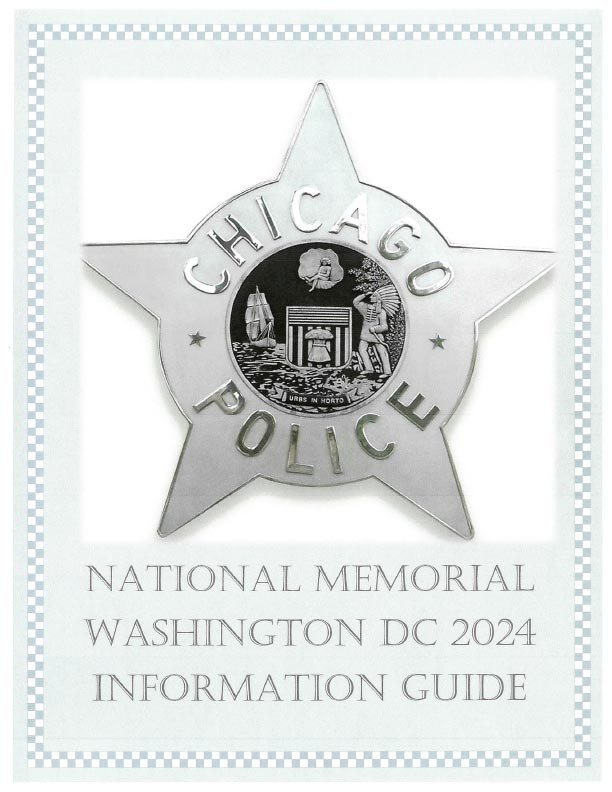CPSA Cook County Circuit Court Nomination
The CPSA Executive Board has voted to endorse Judge Debjani Desai in the upcoming Cook County Circuit Court election. Judge Desai has been a friend to law enforcement and will continue to be when she is elected to the Cook County Circuit Court. Please do not forget to vote in the upcoming elections.
